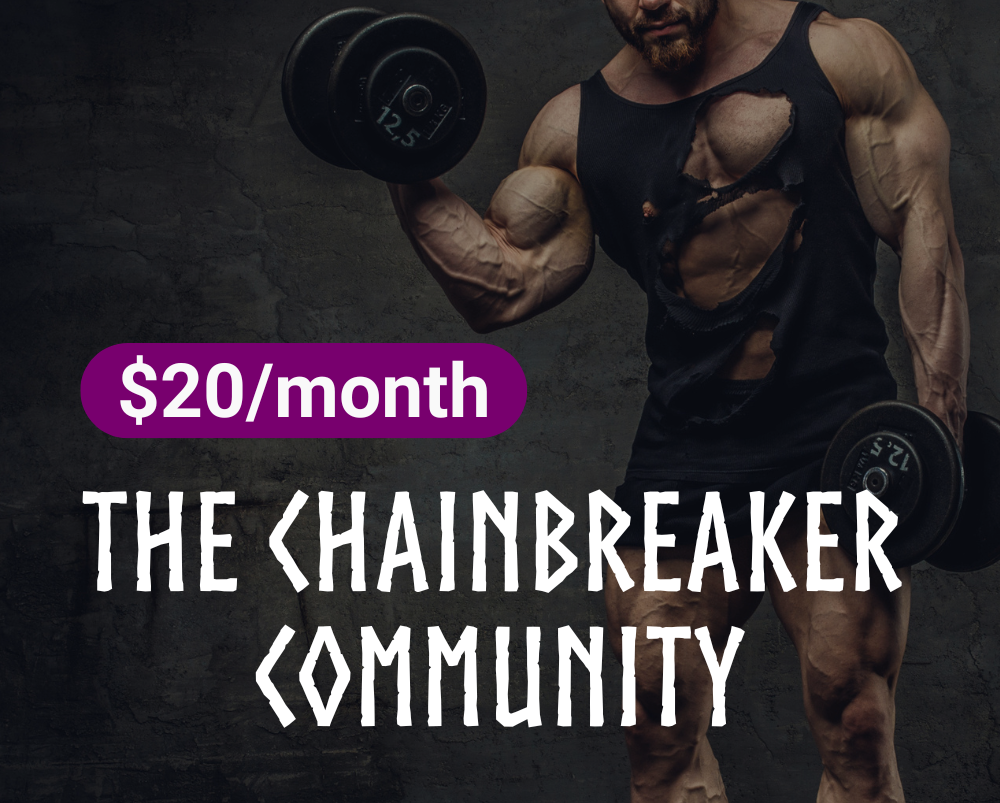When Kinks and Fetishes Go Too Far (Play vs. Addiction)
When Kinks and Fetishes Go Too Far (Play vs. Addiction)

WHEN KINKS AND FETISHES GO TOO FAR: RECOGNIZING THE LINE BETWEEN PLAY AND ADDICTION
Sexual exploration is a natural and fulfilling part of human intimacy. Kinks and fetishes can add variety and excitement to relationships when practiced consensually and healthily. However, there’s a point where exploration can cross into obsession, and sexual behaviors, including pornography consumption and masturbation, can evolve from pleasure to addiction. Knowing when to seek help is essential for maintaining balance and well-being in your life.
Understanding Healthy Exploration vs. Addiction
Healthy Sexual Exploration:
- Consent and Communication: Healthy exploration is based on mutual consent and open communication between all parties involved.
- Occasional and Enhancing: Engaging in kinks or fetishes enhances intimacy rather than replaces it.
- Integrated into Life: Sexual play is part of a balanced life and doesn’t interfere with responsibilities, relationships, or goals.
Signs of Addiction:
- Compulsivity: You feel unable to stop engaging in certain sexual behaviors despite negative consequences.
- Dependency: You rely on sexual stimulation (pornography, masturbation, or specific fetishes) as your primary coping mechanism for stress, boredom, or emotional pain.
- Escalation: Over time, you require more extreme behaviors or content to achieve the same level of satisfaction.
- Isolation: Your sexual behaviors lead to withdrawal from relationships, work, or other important areas of your life.
When Kinks and Fetishes Go Too Far
- Consent Becomes Blurred:
- If one partner feels pressured, manipulated, or coerced into participation, it’s no longer consensual.
- Consistently disregarding boundaries or safety in pursuit of a fetish is a red flag.
- Compulsion Over Connection:
- When kinks or fetishes replace emotional or physical intimacy in a relationship, they become problematic.
- If sexual play is used primarily to escape reality or emotional pain, it can become a form of avoidance.
- Risky or Harmful Behaviors:
- Engaging in dangerous practices without adequate safeguards or engaging in illegal activities crosses ethical and personal boundaries.
- Ignoring health risks or long-term consequences for temporary gratification is a sign of addiction.
Recognizing Addiction to Pornography and Masturbation
While many people enjoy pornography or masturbation as part of a healthy sexual life, it becomes an issue when:
- It dominates your time: You spend excessive time viewing pornography or engaging in masturbation, neglecting responsibilities, work, or personal relationships.
- You use it to cope: It becomes your go-to method for handling stress, sadness, or boredom.
- It affects your expectations: Pornography leads to unrealistic standards, making it difficult to enjoy or connect during real-life intimacy.
- It loses control: You try to stop or cut back but find yourself returning to the behavior despite negative consequences.
When to Consider Seeking Help
If any of the following resonate, it may be time to seek support:
- Disruption in Daily Life: Your sexual behaviors interfere with work, relationships, or self-care.
- Loss of Control: You’ve tried to stop or reduce the behavior but can’t.
- Escalation of Risk: You engage in increasingly risky or extreme behaviors to achieve satisfaction.
- Emotional Distress: You feel guilt, shame, or anxiety about your behaviors but continue anyway.
Steps to Take If You Suspect Addiction
- Self-Reflection:
- Identify the emotions or situations that trigger your behaviors.
- Consider how these habits align with your values and long-term goals.
- Talk to Someone You Trust:
- Share your concerns with a friend, partner, or family member. Sometimes, an outside perspective can provide clarity.
- Seek Professional Help:
- A therapist specializing in sexual health or addiction can help you explore underlying causes and develop healthier coping mechanisms.
- Group support programs like Sex Addicts Anonymous (SAA) provide community and accountability.
- Create Boundaries:
- Limit access to triggering content or situations.
- Develop alternative habits for times when you’d normally engage in the behavior.
- Focus on Emotional Health:
- Practice mindfulness, journaling, or meditation to address emotional needs without relying on sexual behaviors.
- Build resilience by investing in relationships, hobbies, and personal growth.
The Path to Balance
Kinks and fetishes, when consensual and balanced, can add richness to your sexual experiences. However, when they begin to dominate your life or harm your well-being, it’s crucial to take a step back and reassess. Similarly, addictions to pornography or masturbation can erode your sense of control and connection, but with the right support, recovery is possible.
Acknowledging the problem is the first step toward healing. With self-awareness, professional guidance, and community support, you can reclaim control over your sexual health and lead a more fulfilling life.

